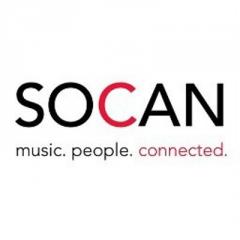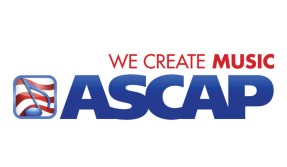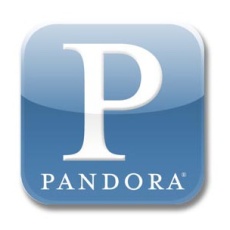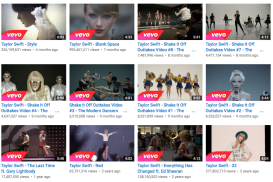W hen IMPF was setup, it primarily had one item on its agenda: the Global Repertoire Database. Yet the GRD project, which would have created a single worldwide repository for all music publishing rights information, infamously collapsed in late 2014, by which time costs had hit £8m – a bill certain PROs were not willing to foot.
hen IMPF was setup, it primarily had one item on its agenda: the Global Repertoire Database. Yet the GRD project, which would have created a single worldwide repository for all music publishing rights information, infamously collapsed in late 2014, by which time costs had hit £8m – a bill certain PROs were not willing to foot.
“The idea has not gone away since then,” comments Pierre Mossiat, CEO at founding member Strictly Confidential. “We still need global data for a global business. The GRD probably was probably too fast and probably too expensive for CMOs. But the next step, of regional hubs [bundling together collection across numerous territories’] is very possible, before something bigger in the future.”



 ’s rights society SOCAN has made a major technology investment with the purchase of Seattle-based B2B digital platform and data management company MediaNet. Terms of the acquisition were not disclosed.
’s rights society SOCAN has made a major technology investment with the purchase of Seattle-based B2B digital platform and data management company MediaNet. Terms of the acquisition were not disclosed.
 Venture capitalist and former music startup founder David Pakman has compiled some grim statistics on the survival rate of VC-backed music services. “Since 1997, according to
Venture capitalist and former music startup founder David Pakman has compiled some grim statistics on the survival rate of VC-backed music services. “Since 1997, according to 
 Since the CRB has raised the per-stream rate, it has made it harder for Pandora to survive. Scaling for Pandora was anyway a double-edged sword, always requiring higher payments to rights holders. Initially, those right holders had agreed on easier rates to allow growth and, back then, the establishment of Pandora. But Internet radio is now well developed, and the majors are not as easy going. The collective licensing agreement with SoundExchange is practical for Pandora though unpalatable, and unless Pandora can offer other services for a discount, such as the promotion of new releases, little will change.
Since the CRB has raised the per-stream rate, it has made it harder for Pandora to survive. Scaling for Pandora was anyway a double-edged sword, always requiring higher payments to rights holders. Initially, those right holders had agreed on easier rates to allow growth and, back then, the establishment of Pandora. But Internet radio is now well developed, and the majors are not as easy going. The collective licensing agreement with SoundExchange is practical for Pandora though unpalatable, and unless Pandora can offer other services for a discount, such as the promotion of new releases, little will change.
 Today – in America and globally – the multi-billion-dollar music industry is mired in a Rubik’s Cube of rights administration and royalty payment systems. The current massive multiplayer infrastructure does not serve songwriters, record companies, digital services or consumers.
Today – in America and globally – the multi-billion-dollar music industry is mired in a Rubik’s Cube of rights administration and royalty payment systems. The current massive multiplayer infrastructure does not serve songwriters, record companies, digital services or consumers.